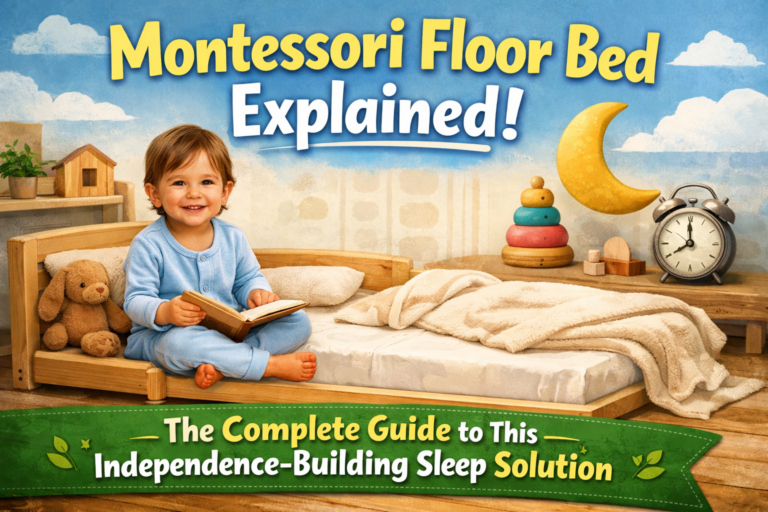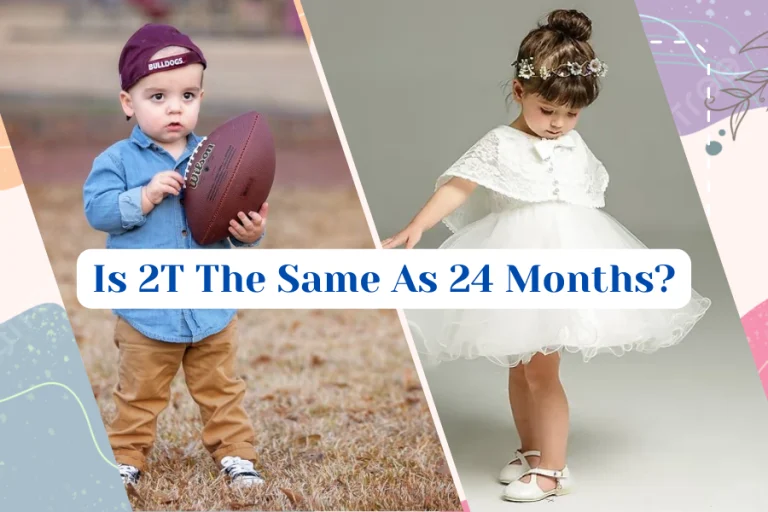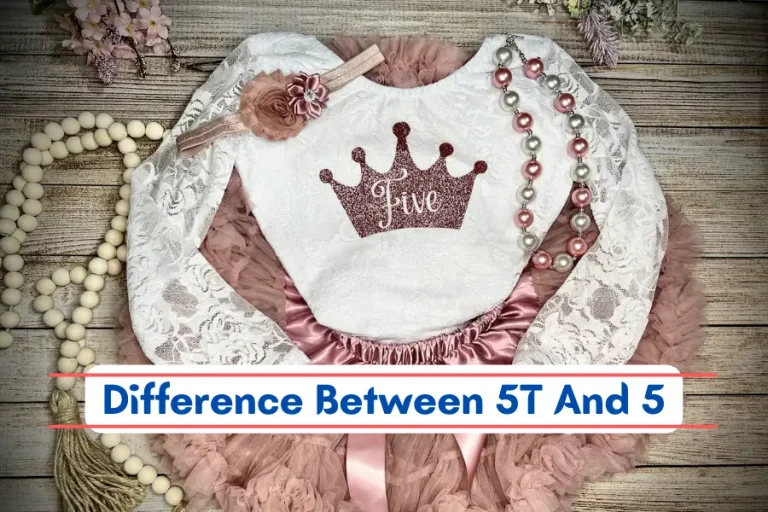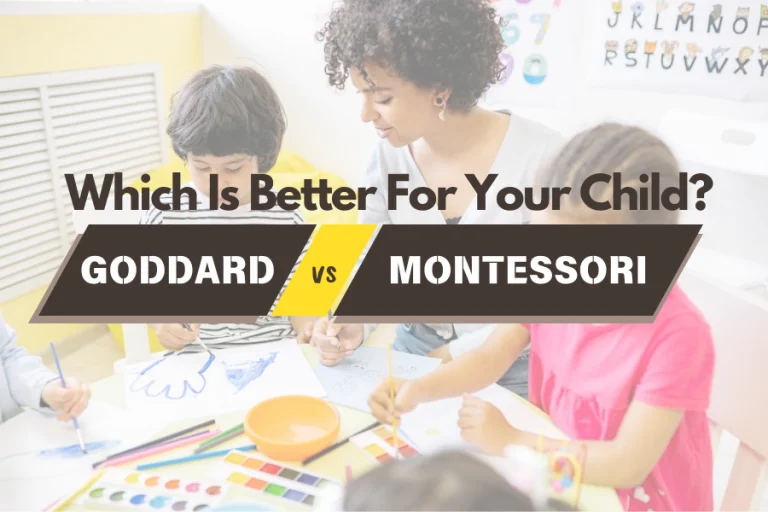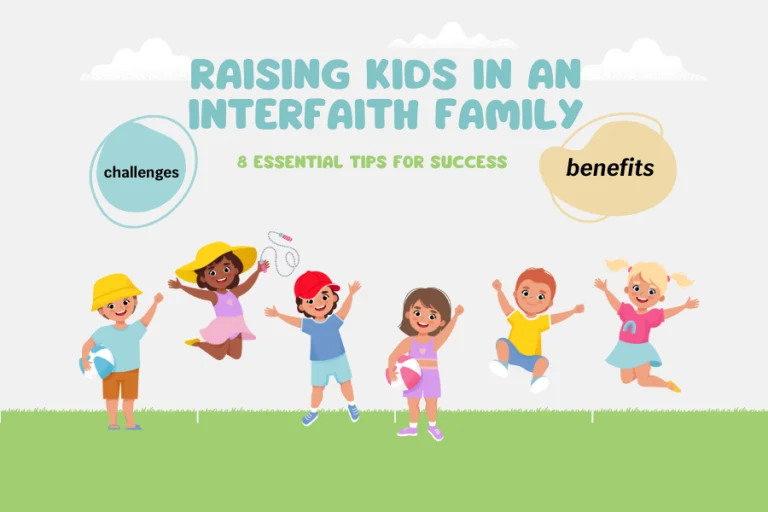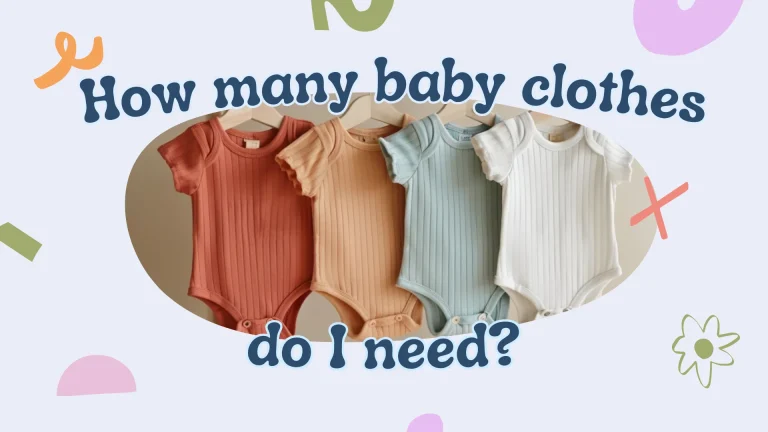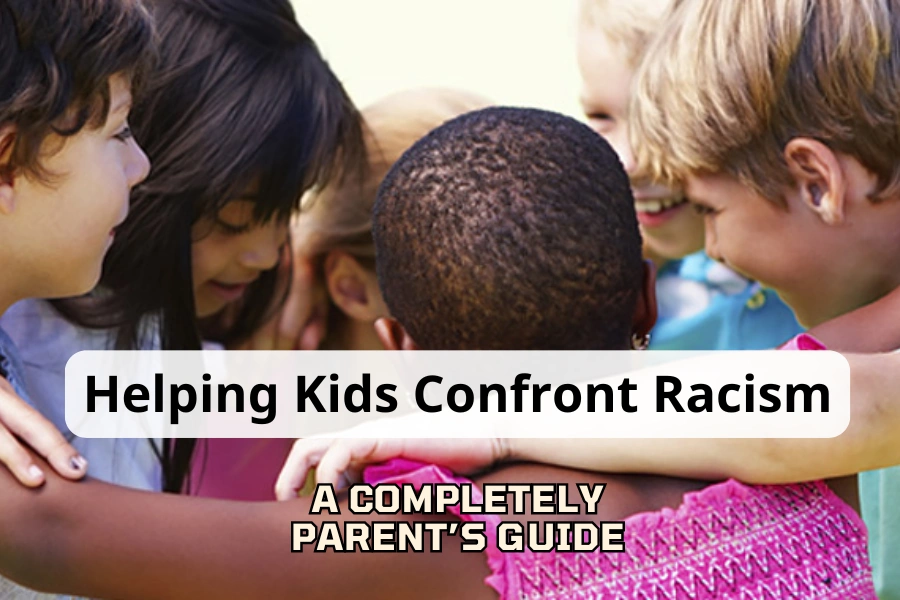
Racism is still a burning issue today. It is like an invisible wall that separates people from each other. That racial wall is built on prejudice, hatred, and misunderstanding. As parents, we need to have the mission to break down that wall and build bridges connecting hearts so that our children can live in a world of peace and love.
According to some recent studies, more than 50% of children have witnessed or experienced some form of discrimination. This number is alarming and shows the importance of educating children about equality from a young age. Do you want your children to grow up in a world where they face prejudice and discrimination? Do you want your children to feel that they are not accepted just because of their skin color, nationality, or religion? Absolutely not! So let’s find out helping kids confront racism to build a better world with Babies Parent.
Why You Need to Helping Kids Confront Racism?
Racism-motivated violence against minorities like Blacks, Asians, Muslims, and interfaith families has mounted tremendously in many countries. Racial violence continues and has been worse these years, particularly against the Asian-Pacific American community. According to Stop AAPI Hate, children under 17 years old were the “victims” of more than 12% of reported racist incidents, and females were more targeted than males1.
According to the Pew Research Center, 3 in every 10 Asian Pacific Americans have become victims of racial violence since the Covid pandemic. According to the National Women’s Law Center, a report released in 2019 indicated that though black girls were not the regular misbehaving students, they got suspended from school at twice the rate compared to white girls. As compared to white children, Black children are 3.5 times more likely to be detained or suspended from school2.
You might be surprised to learn that most racial violence occurs in large cities where education is the most important. These inequalities can affect children’s development and cause serious mental health problems. So helping kids confront racism is an issue that needs more attention.
No one is born hating another person because of the color of his skin, or his background, or his religion. People must learn to hate, and if they can learn to hate, they can be taught to love, for love comes more naturally to the human heart than hate.
Nelson Mandela, one of the greatest leaders of the 20th century, once said
Therefore, parents like us need to teach children about racism from an early age. This will help children understand and respect the differences of others and equality. Helping kids confront racism also helps build compassion and empathy, so that children understand and know how to behave equally with everyone around them.
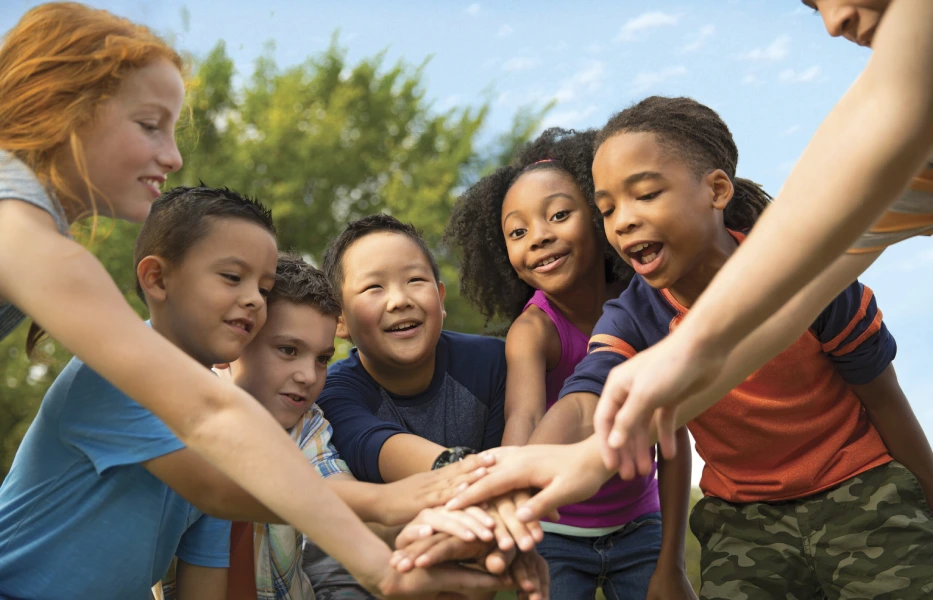
How to Talk to Your Kids about Racism?
So how do you start talking about race and racism with your kids? Indeed, race and racism can be complex concepts that even adults fully ourselves may not understand. Every family will talk about racism in its own way, and there isn’t a “perfect” way for every family. But don’t worry; here are some tips that help you start talking about racism with your kids.
Learn more about racism
First things first: to prepare for “teaching” your child about race and racism, it’s time to learn. Undeniably, race and racism are two of the most complicated social issues. A long history started with prejudices and misunderstandings. With time passing, race and racism became more and more complicated. As the world becomes more developed, racism has also transformed into more types.
So, first, equip yourself with skills and knowledge about racism. You can learn more about racism through books, TV, or the internet. When you have enough “resources”, communicating with your children will become much easier and simpler.
Start early
When is the right time to discuss racism with your child? Or is it too early to talk about race and racism with a preschooler? In fact, helping kids confront racism should be done as early as possible.
A 6-month-old can already recognize differences in skin, hair, or eye color. A 4-year-old can start to show signs of racism. So it’s never too early to start talking about racism with your child. Normalize talking about skin color and race in your family early.
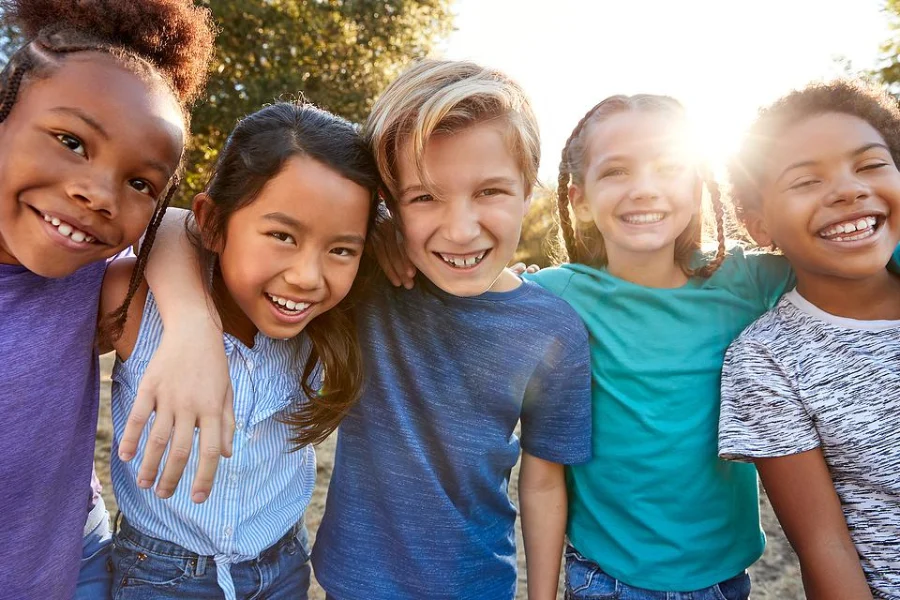
Choose age-appropriate language
The topic of race and racism is a difficult one to understand, and even adults like us can get confused when talking about it. However, if you “cleverly” express racism in simple and familiar language, it is possible to teach children about this complex issue.
For preschoolers
Children at this age are learning about right and wrong and they are deeply aware of fairness. Therefore, you can mention race and racism in the aspect of fairness. Ask children questions such as “Is it fair if someone makes a rule that A cannot eat candy because he has darker skin or lighter hair?” or “If you cannot play on the swing because your skin is different from your friends, would you be upset, is that fair?”
Open-ended questions will help children realize that it is unfair to discriminate against skin color or other differences of others. Children can then realize that such unfair treatment is wrong.
For school-age kids
School-age children are beginning to understand discrimination better and are more likely to express their feelings. You can use examples to help your child understand what it would feel like to be treated unfairly or left out. For example, “How might your emotions be if you weren’t allowed to play games of hide and seek with your friends?” or “What would you do if you saw a friend being bullied?”
These hypothetical scenarios will help your child understand what it might feel like to be left out or subjected to racial violence. They will learn that discrimination is wrong. Not only will this help kids confront racism, it will also help develop empathy, compassion, and a passion for protecting others.
For preteens and teens
Older children are aware of racism, but they may not have the strength or skills to deal with complex issues. You can “empower” your child to take action when racism occurs. For example, “You can speak up for someone who is being shunned because of the color of their skin, hair, or eyes.” Or “You can also report racial violence to the principal or the police.” This empowerment will help instill a sense of responsibility and a desire to protect their friends and those around them.
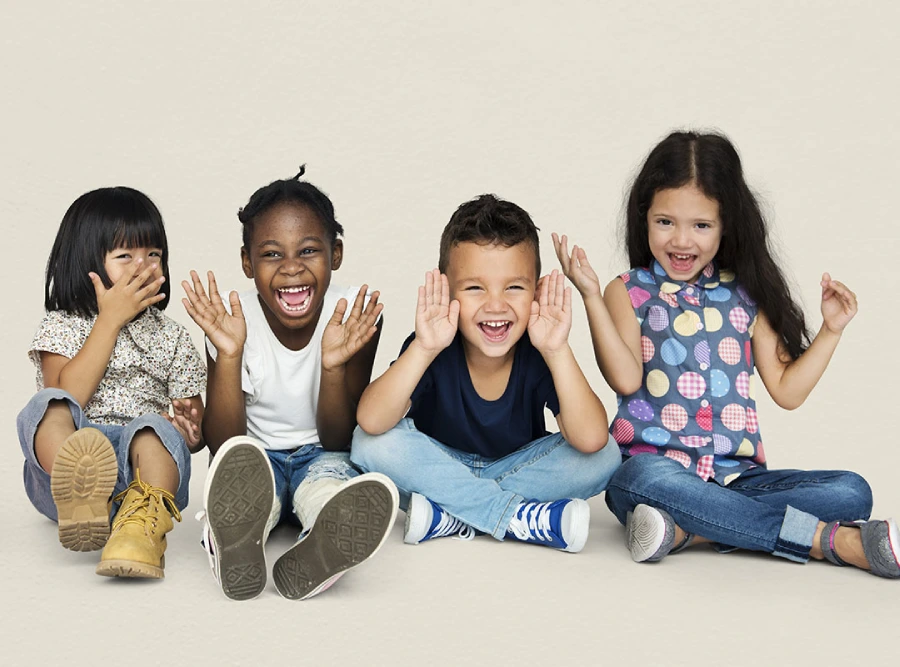
Ask as many questions as possible
Keep asking your child questions for helping kids confront racism. For example, “What did you think when you saw that in the newspaper?” or “What did you hear about that racist incident?” This is a method to help your child think more deeply and have a conversation about racism. Asking questions regularly also helps you understand your child’s views on race and racism so you can approach them appropriately.
Listen and understand your child
Children who are “accidentally” victims of racism or who live in a racist household are very sensitive to this issue. Let your child know that you are always ready to listen and understand their feelings. Create a “safe” place for children to express all their feelings and opinions without fear of being judged.
Finally, don’t worry if you don’t have the answers to race and racism. Talk about it openly with your child and work together to find answers to the problem.
Race and Racism: How Can We Take Action as a Family?
Not only stop at “talking”, but you can also encourage your children to do some activities for helping kids confront racism such as:
Learn about other cultures: You can learn about the history and culture of people of different skin colors with your children. Participate in fairs, exhibitions, or museums to better understand people who are different from us.
Make friends with people who are different: You can encourage your children to make friends with people from many parts of the world. Teach your children to respect the culture, traditions, and history of their friends. You can also choose multicultural learning and playing environments to encourage your children to make more friends.
Silence is not the solution, speak up: Children are like mirrors, they reflect the actions of their parents. So, speak up when you see something unfair or racially violent. You can do this in many ways such as writing a letter or creating a piece of art in support, and encourage your kids to do the same to help kids confront racism.
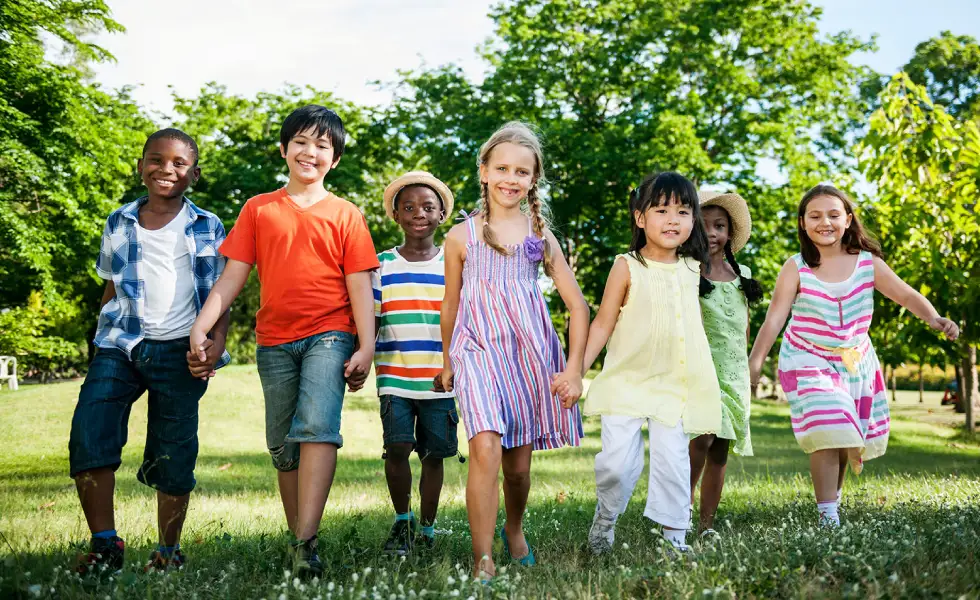
Bottom Line
If you want to change the world, start with your own family.
Mother Teresa
The world will only stand still if the invisible wall of racism still exists. We cannot let future generations continue to suffer the consequences of racism. And we, as parents, can become the first teachers of love and respect for our children. Let’s work together for helping kids confront racism and create a fair world where they can grow in love.

